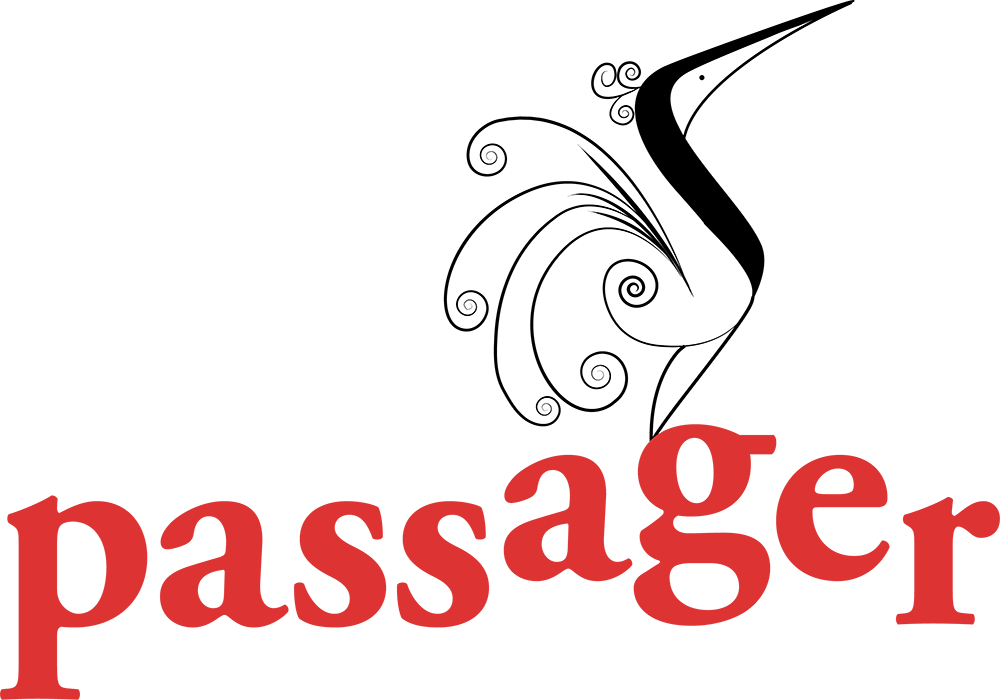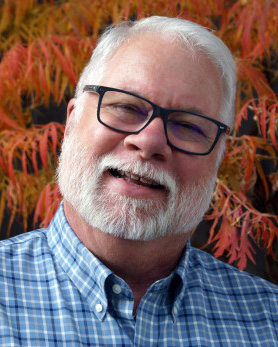Stress



Writing through it, with selections by Willa Schneberg, Michael Milburn and Jane Goldsmith.
7 minutes
TRANSCRIPT
According to somebody, November 2nd is National Stress Awareness Day. Here are some pieces about stress.
Willa Schneberg said that her poem “Iron Lung” was inspired by her uncle, who contracted polio in his 20s and was in an iron lung while her mother was pregnant with her.
If he could stand up he’d look like a spaceman in comics,
his head sticking out a porthole,
but my husband, who never spent a night not holding me,
except when he was deployed, cannot, he’s stricken.
He puckers his lips to kiss me. I bend over, my lips barely
graze his. I want to coat his face with wet kisses,
not in front of the other wives, or their men
each in his own metal tank.
Dr. Salk’s vaccine talk means nothing. Will the only
man I ever loved be able to ravish me?
When I give Sadie the robin’s egg blue blanket
with the frayed satin trim and her stuffed mohair deer,
the crying stops, but during some visits so deep in myself,
her fussing doesn’t register.
Everyone tries to comfort me: He will breathe on his own,
but not, he’ll walk again. I won’t leave his side.
Attendants pull me and the other bereft brides off
our broken men. Nurses force us to walk
back to apartments with shiny appliances
that give no comfort.
I’m expecting. Sadie rubs my tummy
and pleads, No baby . . . puppy.
Willa Schneberg’s poem “Iron Lung” from Passager’s 2022 Poetry Contest issue.
In his memoir “Showing Up,” Michael Milburn talks about being a divorced father trying to have a relationship with his son. Here are a couple excerpts.
A year ago, when my son Dev was twenty-three, he took me aside to apologize for his role in a painful incident we had shared the night before his high school graduation. I had driven from my home in Connecticut to Syracuse, New York, where Dev lived with his mother. Shortly after my arrival, he headed off to a series of graduation parties. At midnight, annoyed by his absence when I had traveled so far see him, I called and angrily ordered him home, hanging up before he could respond. The blow-up tainted the following day’s ceremony and both our memories of it. And while I appreciated his apology, I knew I was wrong to have begrudged him a last night with his friends before they dispersed for the summer. What made the fight even more regrettable was that Dev’s graduation marked the end of the bi-weekly visits to Syracuse I had begun over a decade before . . .
. . . Twenty-four now, with a full-time job and a girlfriend, Dev lives an hour and a half away from me in New York City. We talk on the phone every other week and I invariably say goodbye regretting that our conversation didn’t probe deeper. That’s why his apology for the graduation incident was so surprising to me and, I suspect, necessary to him; we had never spoken about that night. Of course, given our reserved natures, our communication might have been the same if we had seen each other daily throughout his childhood – I’m trying to stop seeing everything as a casualty of our separation. When we visit now it’s not just what we say that satisfies us but the chance to replenish ourselves with each other’s personality. I repeat a familiar joke, he rolls his eyes at a movie I have praised, and we look at each other as if to say, “It’s you. I’ve missed you.”
From Passager Issue 52, excerpts from Michael Milburn’s memoir: ”Showing Up.”
Jane Goldsmith said she wrote her essay “Ferrying” after her husband was killed in a car accident.
The man I am meeting for the first time is Bernard, my late husband’s half-brother. He is the eldest, unacknowledged son in a big family he never knew. He was born in New Caledonia, as were my husband and his family. That’s all I know. I don’t know why he is now here in Sydney, whether he ever wanted to be. I don’t really know why he was never mentioned, only that there are some things that are never mentioned in families . . .
. . . I tell him about my family, my toddler and my baby, how it is to be back home in Adelaide . . . When we come to the mention of my husband, the pace slows, the tone lowers, silence fills the spare, small space in the room . . .
. . . Home from school, the twins, a boy and a girl, burst in, keen to meet the visitor (the stranger? the half-aunt-in-law?) and show off the day’s creations. Shyly, the girl proffers her drawing. Expecting a naïve effort, I’m taken aback and say something inadequate like “that’s wonderful.” “Oh,” I stammer. “Your – brother . . .” I address Bernard. “He was good at drawing too. His – your – father also. Did you know?” Immediately I want to take back my words. There is so much he doesn’t know. I watch a quiet tear slide down his face.
Excerpts from Jane Goldsmith’s memoir “Ferrying” from Passager Issue 68.
This episode of Burning Bright was about stress. The next issue of Passager, by the way, will focus on ancestral trauma.
To subscribe to or learn more about Passager and its commitment to writers over 50, go to passagerbooks.com. You can download Burning Bright from Spotify, Apple and Google Podcasts and various other podcast apps.
For Kendra, Mary, Christine, Rosanne and the rest of the Passager staff, I’m Jon Shorr.



